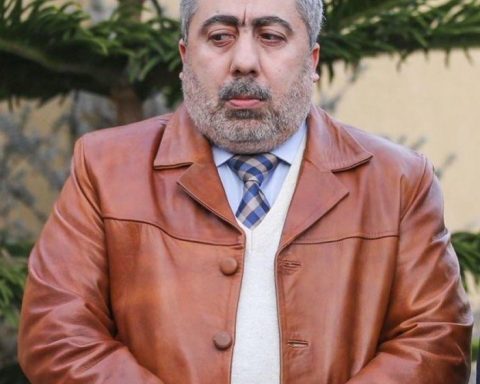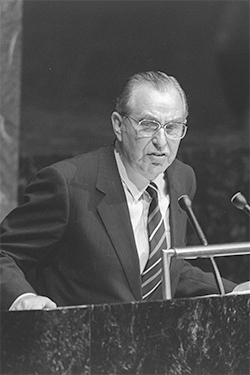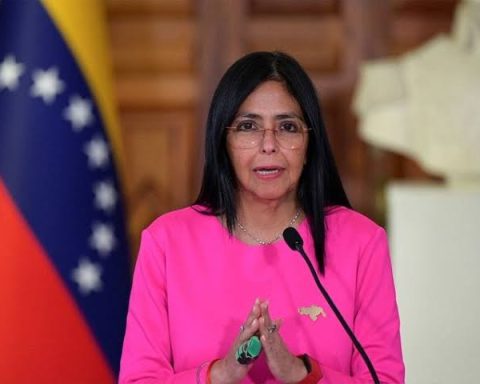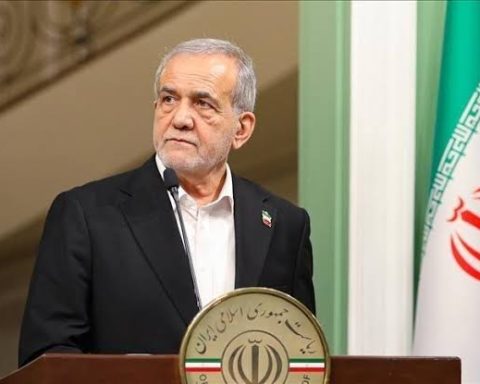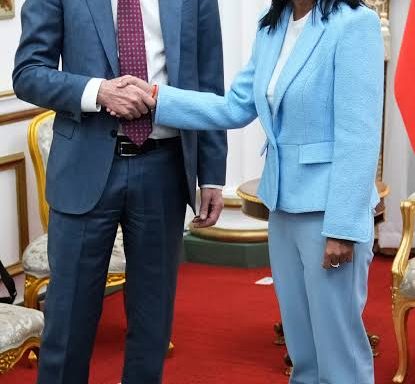Israel’s security cabinet has approved military occupation of Gaza City, a move that has sparked outrage both within Israel and abroad.
This comes despite calls from the international community and Israel’s allies for the war to be brought to an end.
Join our WhatsApp ChannelThe decision, announced early Friday, will see the Israeli military prepare for a full takeover of the city, one of the few remaining areas in Gaza not yet designated as a buffer zone or emptied under evacuation orders. Prime Minister Benjamin Netanyahu’s office said in a statement that the military “will prepare to take control of Gaza City while providing humanitarian aid to the civilian population outside the combat zones.”
The move marks a significant escalation in the nearly two-year-old conflict, which began after Hamas’s attack on Israel in October 2023.
According to Gaza’s health authorities and United Nations agencies, the war has killed more than 60,000 people, left much of the territory in ruins, and triggered one of the world’s worst humanitarian crises, with widespread hunger and growing reports of famine.
Hospitals have been crippled by shortages of fuel, medicine and staff, and aid deliveries have been severely disrupted by ongoing bombardments and movement restrictions.
Israel’s continued disregard for ceasefire calls and the blocking of humanitarian aid into Gaza has signalled growing frustration among key allies, including France and the United Kingdom. Both nations have indicated that they may move towards recognising a Palestinian state, a step that would represent a significant diplomatic shift in response to the worsening crisis.
Gaza City, once the largest urban centre in the Strip, has been repeatedly bombarded and raided by Israeli forces during the war, only for troops to withdraw as militants regrouped. A sustained ground operation there, aid agencies warn, could displace tens of thousands of people and further obstruct the delivery of food and other life-saving assistance to a population already on the brink of starvation.
READ ALSO: Eight Israeli And Thai Hostages Released From Gaza
It is unclear how many people remain in Gaza City. Hundreds of thousands fled under Israeli evacuation orders in the war’s opening weeks, but many returned during a brief ceasefire early this year. Local hospitals reported that at least 42 people were killed in Israeli air strikes and shootings on Thursday, the day before the cabinet decision, adding to the sense of dread among residents.
Speaking to the U.S. media outlet, Fox News, Netanyahu confirmed Israel’s intention to “take control of all of Gaza” but insisted it would not hold the territory indefinitely.
“We do not want to keep it. We want to have a security perimeter. We do not want to govern it. We do not want to be there as a governing body,” he said, adding that Israel would eventually “hand it over to Arab forces that will govern it properly without threatening us and giving Gazans a good life.”
The remarks have raised fresh questions over who might take on governance of Gaza after the war. Arab states, including Jordan and Egypt, have signalled reluctance to assume such a role without the involvement of Palestinian institutions, warning that any externally imposed administration would face strong opposition.
International condemnation of Israel’s latest move has been swift. The United Nations described the plan as “deeply alarming” and urged Israel to halt actions that could lead to further mass displacement. Aid organisations say the priority must be to secure safe, consistent humanitarian access and protect civilians from further harm. Several Western governments have echoed those calls, with some warning that the seizure of Gaza City could violate international law.
Inside Israel, the decision has exposed political and public divisions. Some military officials and hostage families fear that a full-scale offensive in Gaza City will endanger Israelis still held captive by Hamas. Others argue it is necessary to dismantle the group’s remaining strongholds and prevent future attacks. Protests have been held both in support of and against the expansion of military operations.
For Gaza’s residents, the security cabinet’s approval signals more violence in a city already scarred by months of bombardment. Aid workers warn that without an immediate ceasefire and large-scale humanitarian relief, the coming weeks could push the enclave even closer to total collapse.


